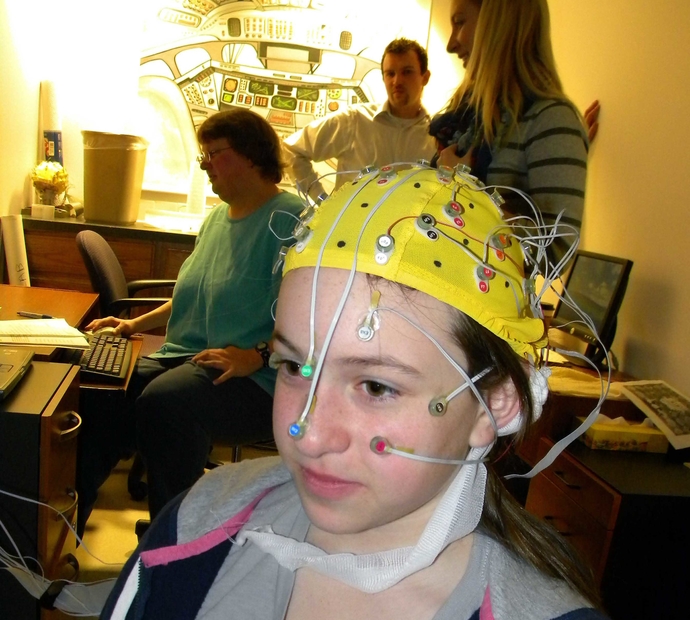

The STAR Institute Research Center’s research focus is on treatment effectiveness. Consistent with evidence based practice, we want to insure that the services children and families receive at the STAR Institute Treatment Center are based on sound clinical evidence and embody the highest level of quality care. The methodology employed uses single subject research designs that allow the study of how individuals respond to treatment. Additionally, we are regularly conducting research trainings in single subject designs for clinicians who want to engage in research. The goal is to build knowledge that shows sensory-based treatments work!


The STAR Institute Research Center is committed to enhancing the quality of life for children and adults with Sensory Processing Disorder (SPD) and their families by conducting and collaborating in rigorous research into the causes, diagnosis, and treatment of SPD.
The STAR Institute Research Center was the first organization to operate a full-time program of research into SPD. One study (Ahn, Miller, Milberger, McIntosh, 2004) shows that at least 1 in 20 children’s daily lives is affected by SPD. Another population-based study (Ben-Sasson, Carter, Briggs-Gowen, 2009) suggests that 1 in 6 children experiences sensory challenges sufficient to disrupt their academic, social, and/or emotional development. Today, the organization is recognized as a world leader in research, education, and advocacy for this disabling neurodevelopmental condition. Additionally, the STAR Institute Research Center has mobilized an international group of esteemed scientists, the SPD Scientific Work Group, and a national OT research team, the Sensory Integration Research Collaborative, to collaborate on finding research-based answers to questions about SPD:
Research at the STAR Institute Research Center is conducted in collaboration with the STAR Institute Treatment Center in Centennial, Colorado.
Peer-reviewed research abstracts, articles, and other material by researchers can be located by topic in Our Library.
SP3D Occupational Performance Scale. American Journal of Occupational Therapy (2021)
One component of the Sensory Processing 3 Dimensions Measure is the Occupational Performance Scale. This study validates the scale and supports family priorities for change on relationships within the family as well as with peers.
A Multi-Tiered and Multi-Dimensional Approach to Intervention in Schools: Recommendations for Children with Sensory Integration and Processing Challenges. Journal of Occupational Therapy, Schools, & Early Intervention (2021)
Inter-Rater Reliability of Goal Attainment Scaling with Children with Sensory Processing Disorder. The Open Journal of Occupational Therapy (2021)
Effectiveness of Occupational Therapy Using a Sensory Integration Approach: A Multiple-Baseline Design Study. American Journal of Occupational Therapy (2021)
A multiple baseline design study investigating the effectiveness of occupational therapy using a sensory integration approach.